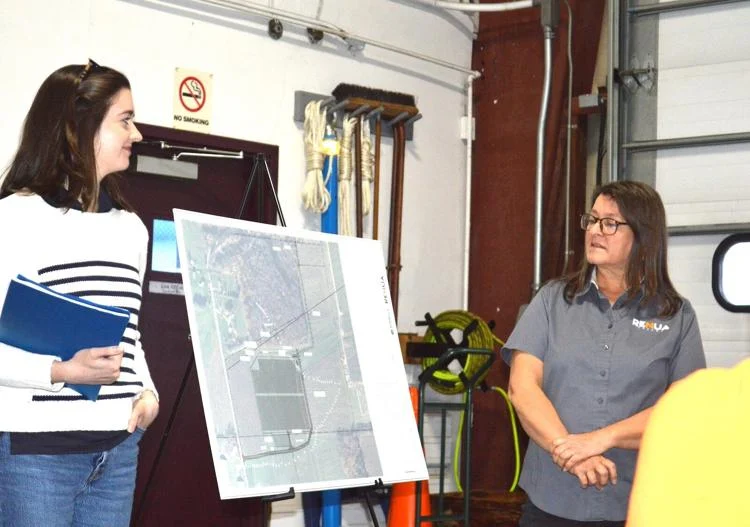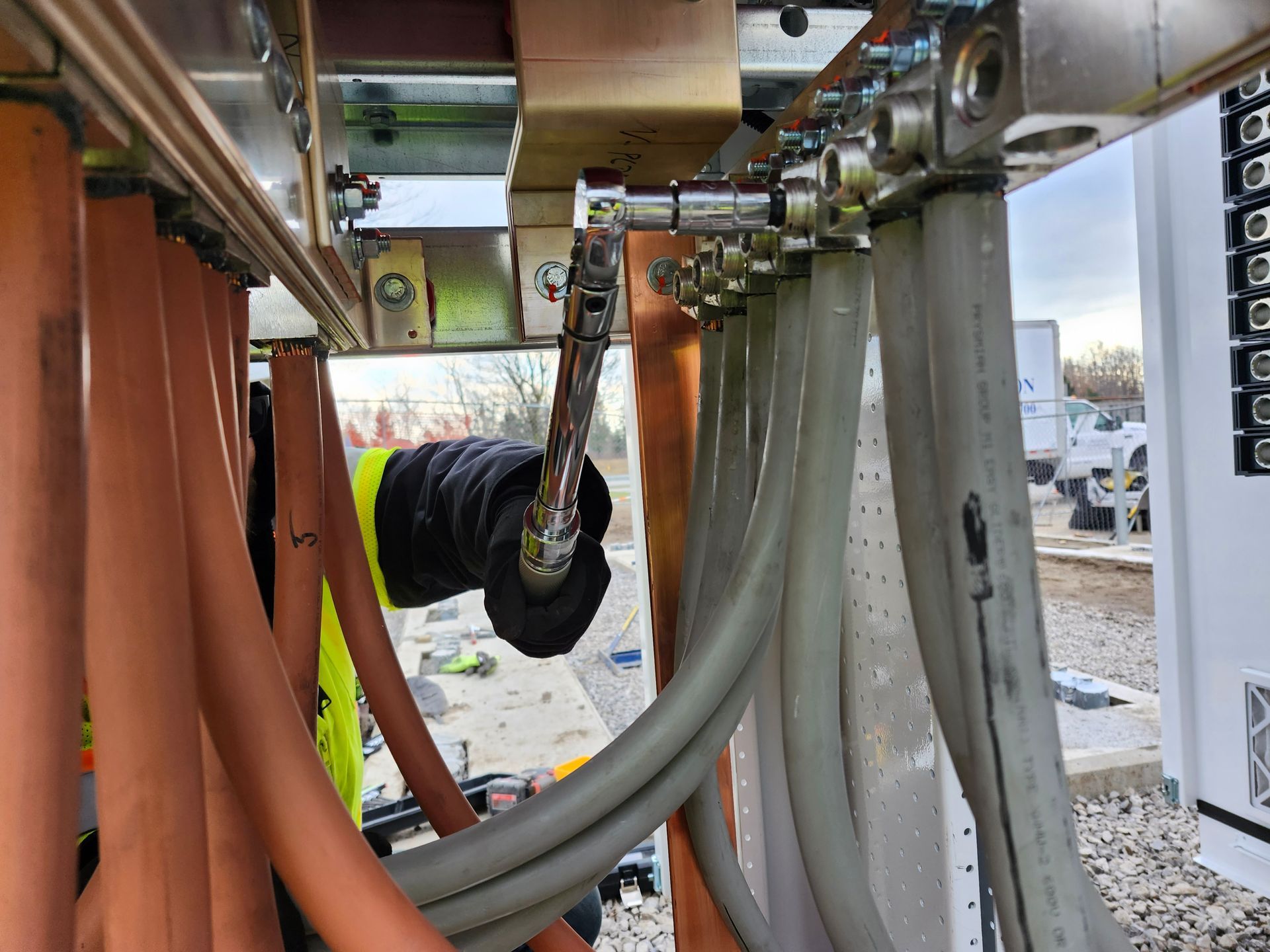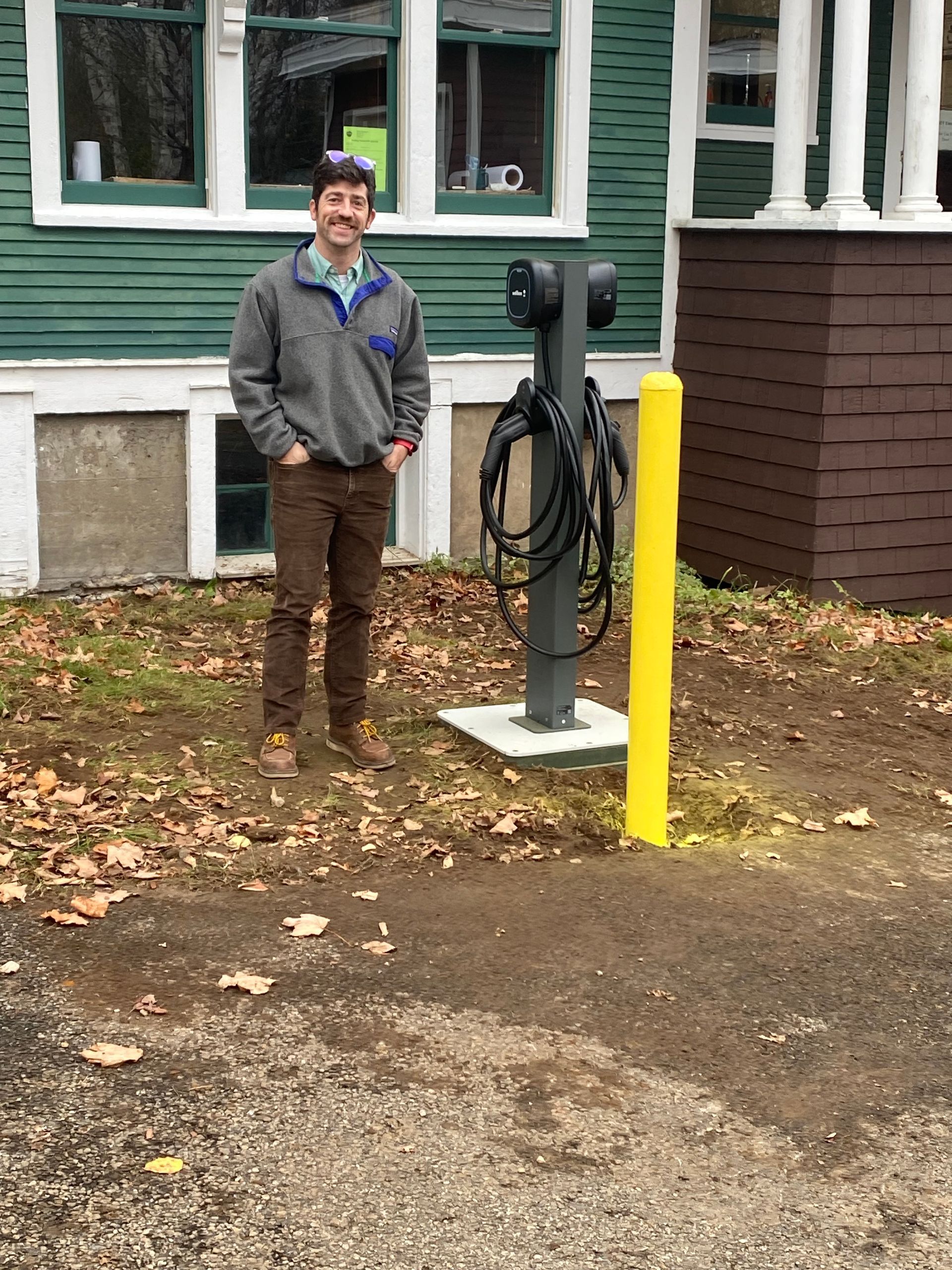Understanding Charging Station Power & Charging Time
Get up to speed on EV charging power, charging time, and miles of range per hour of charge by reading this informative blog post and learn how to select the best EV charging station for your needs!
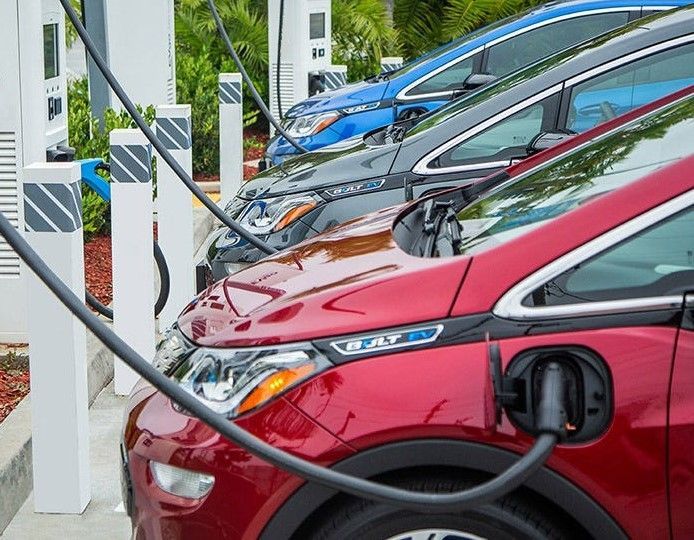
Understanding EV Charging Station Power & Charging Time
Electric vehicle (EV) charging stations are becoming increasingly popular as the number of electric vehicles on the road continues to grow. If you are new to EV charging, you may be wondering what factors affect EV charging speed and efficiency. In this blog post, we will explore the basics of EV charging, how to select an EV charging station, and the factors that affect EV charging speed and efficiency. After reading this post, you will have a better understanding of EV charging power, charging time, and the miles of range per hour of charge for both level 2 and level 3 charging stations.
(Image Suggestion: A bright yellow EV charging station in the middle of a picturesque farmland with a sunrise in the background, representing the dawn of a new era in electric vehicle charging.)
What Is Electric Vehicle Charging?
Electric Vehicle Charging is quickly becoming a popular option for people who own electric vehicles. EV charging stations are convenient and easy to use, and they provide a way to charge your EV while you're away from home or work. There are a variety of types of EV charging stations, and each one uses different types of connectors to send power to the car.
The speed at which an EV can be charged depends on the type of charging station that you're using. Level 2 chargers can typically charge an EV in about three hours, while Level 3 chargers can do so in about half the time. The cost of charging an EV varies based on the type of charging station that you use, but they're generally affordable.
There are several advantages to using electric vehicle charging stations over traditional gas stations. For one, EVs aren't as reliant on fossil fuels, so they produce less carbon emissions than gasoline-powered cars. Additionally, electric vehicle charging stations are generally more secure than gas pumps – there's no need to worry about someone robbing you while you're filling up your tank!
Overall, electric vehicle charging is becoming increasingly popular due to its many benefits both environmentally and financially. If you own or plan on owning an electric vehicle, it's important to have access to a reliable charger so that you can keep your car fully charged all the time!
How To Choose An EV Charging Station
When you're deciding on an electric vehicle charger, one of the most important factors to consider is the voltage of your vehicle. Most electric vehicles use a range of 12-24 volts, which means that you will need a charger that can deliver this voltage. Additionally, you'll need to understand the different levels of charging power available – typically, there are three levels: Level 1 (100-240 volts), Level 2 (240-480 volts), and Level 3 (above 480 volts).
When charging your car, it's important to know how long it will take. Typically, it will take around four hours to charge a car at Level 1. If your electric vehicle requires faster charging, then you may want to consider looking into a portable charger instead.Level 2 chargers are usually more than enough for charging most electric vehicles, and they can charge your car in around two hours. Level 3 chargers are typically used for high-power electric vehicles such as SUVs or trucks, and they can charge your car in as little as 30 minutes.
If you're not sure which level charger is right for you or if you just need a refresher on what each level offers, be sure to check out our handy charging guide below:.
Another important factor to consider when choosing an EV Charging Station is price and network availability near you. Currently, there are several different brands and models of EV Charging Stations available on the market, making it difficult to decide which one is best for you. To make things easier, we have compiled a list of the top five best EV Charging Station brands below.
Finally, one of the most important factors when choosing an EV Charging Station is the warranty and services provided by the manufacturer or retailer. Many companies provide free warranty repairs or replacements if something goes wrong with their product. In addition to warranties or services offered by manufacturers/retailers themselves, many networks also offer temporary discounts on their products if registered online beforehand. So don't wait – start shopping today!
Factors Affecting EV Charging Speed & Efficiency
There are a few factors that affect the charging speed and efficiency of electric vehicles (EVs). Understanding these factors will help you optimize your EV battery charging so that you get the most out of your charging experience.
When it comes to EV charging, power output is one of the most important factors to consider. Most EV charging stations use Level 2 or Level 3 technologies, which refer to the way that electricity is delivered to the car.
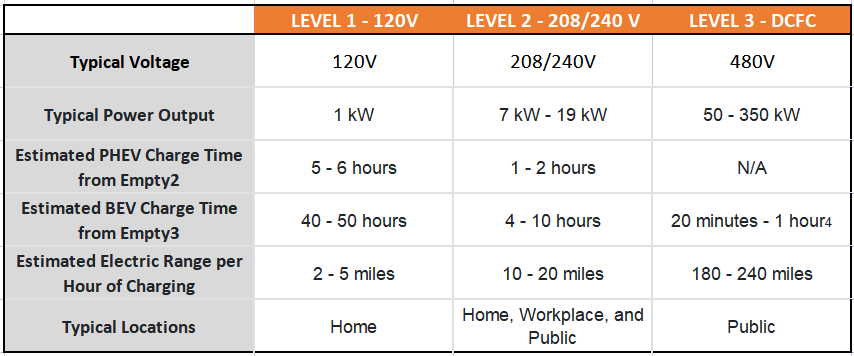
Level 1 systems use direct current (DC) and require a direct connection between the charger and the vehicle. This means that there is little flexibility in terms of how fast or efficient the charge can be, as well as how many cars can be charged at once.
Level 2 systems use alternating current (AC) and allow more than one charger to work simultaneously on a single circuit. This means that charging time can be faster, but it also means that each car will receive a slightly different charge rate due to variations in AC voltage.
Level 3 systems use both AC and DC simultaneously, which gives users more control over their charging experience but also increases electrical costs due to increased usage of power supplies.
Beyond power output, other factors such as battery size have an impact on how quickly and efficiently an EV can be charged. A larger battery will take longer to fully charge than a smaller battery, but it will also take longer for it to run out of juice while being driven – meaning that it will reach its full range sooner than a smaller battery would.
In addition, larger batteries tend to have higher energy density ratings – meaning they hold more electricity per unit volume than smaller batteries do. This makes them better suited for long-distance travel rather than shorter trips where frequent recharging is necessary.
Finally, knowing how long it takes your particular EV battery to charge using a given type of charger can help you optimize your charging experience by ensuring that you're getting the most out of each charge cycle. There are various technologies available for measuring EV Charging Time – from simple timers built into some chargers themselves, all the way up to sophisticated software suites with multiple indicators showing different aspects of your charge progress over time..
To Sum Things Up
In conclusion, understanding EV charging power, charging time, and the miles of range per hour of charge is important for those looking to own or who currently own an electric vehicle. Knowing what type of charger will best suit your needs and the factors that affect its speed and efficiency can make all the difference when it comes to getting the most out of your EV charging experience. Additionally, researching different brands and models available on the market can help you find one that fits your needs perfectly. As electric vehicles continue to gain in popularity, gaining a better understanding of EV charging power will become increasingly important.

Renua Energy is a federally and state certified SDVOSB providing solar development project resources and electric vehicle service equipment project development.




